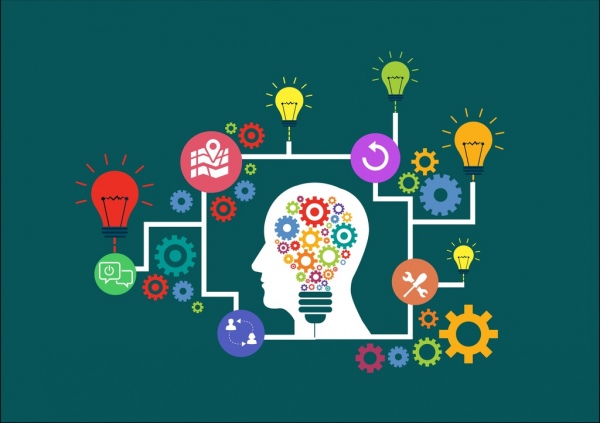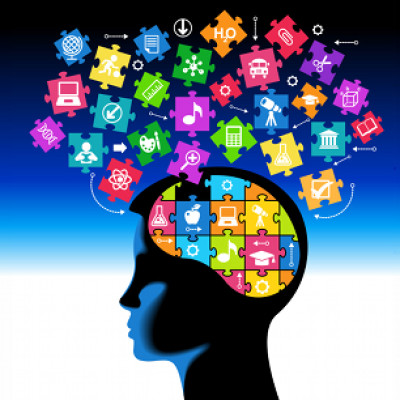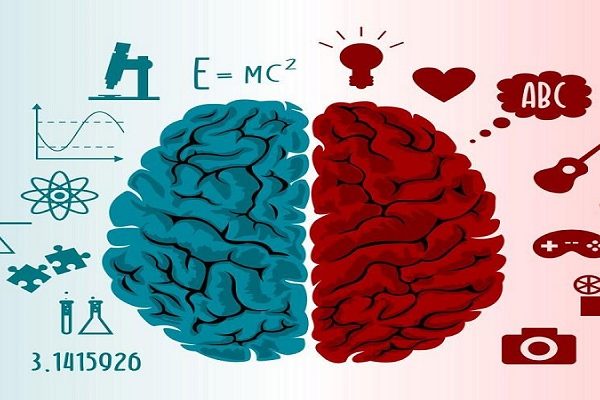Cognitive Learning is the conscious participation of an individual in activities that improve critical brain functions. It will help improve your ability to associate new information with existing ideas. It deepens a person’s understanding and enhances mental capabilities. This blog will highlight the 4 cognitive learning theories and strategies that play a significant role in brain development.
The cognitive approach in learning consists of memory improvement techniques that help the brain acquire, process, and retain new information.
What is Cognitive Learning?
Cognition is the brain’s ability to learn strong skills needed for more advanced mental processes. Everything from our senses, thoughts, and experience influences how the brain interacts with and perceives a stimulus. Hence, when people understand cognition, they can improve their attention span, memory, problem-solving, and thinking abilities.
3 Components of Cognitive Learning
The conventional method of learning focuses on memorizing information. However, cognitive learning goes beyond the mere act of storing things in the mind.
Here are some core components that constitute cognitive learning:
1 – Comprehension
A cognitive approach to learning benefits the individual only when they fully grasp the purpose of learning a particular subject.
2 – Memory
In this method, a person deters from stuffing information. It is less effective in the long term. Hence, cognitive learning encourages a deep understanding of the subject by connecting it with previous memories and experiences. Many adult & child concentration exercises are supplemented by spaced repetition for better memory.
3 – Practical Application
The mind grows when it applies everything learned so far. All the concepts are used in real-life situations that enable a new perspective.
Cognitive Learning Strategies
Cognitive theories suggest how the external and internal forces affect the brain in learning. Any difficulty in understanding is associated with improper functioning of the mental processes.
1 – Learner-centered strategy
Jean Piaget was the first to say that learners depend on their existing skills and knowledge to learn new things. He suggests that learning starts by acquiring the traditional skills required and then progressing to advanced knowledge.
There are 3 components to this strategy:
- Accommodation: Learning new information by altering the existing ones.
- Assimilation: Sorting out and arranging things that we learn apart from what we know already
- Equilibration: Maintaining a balance between new and current knowledge
2 – Meaningful experiences strategy
David Ausubel proposed this strategy. He identified differences between rote and meaningful learning. In this strategy, elements related to what the learners already knew made the learning more effective than conventional methods. To put it simply, those who had relevant background information quickly acquired new knowledge.
3 – Learning through discovery strategy
Jerome Bruner suggested that children should be allowed to learn new things by themselves. In this way, they will evaluate the previous information even while accumulating new knowledge. He identified three stages of cognitive representation:
- Enactive – Using actions to showcase information
- Iconic – A visual compilation of images
- Symbolic – Using symbols and words to narrate experiences
4 – Personalized learning strategy
No learner is identical, and all have distinctive mental capacities. Hence, the personalized learning strategy combines the other three theories. Learning tailored to personal experiences is more effective than formal education.
Sugsar uses personalized learning strategies to teach the required skills to the learners at our maths tuition in Chennai. Join us to improve your cognitive abilities.



